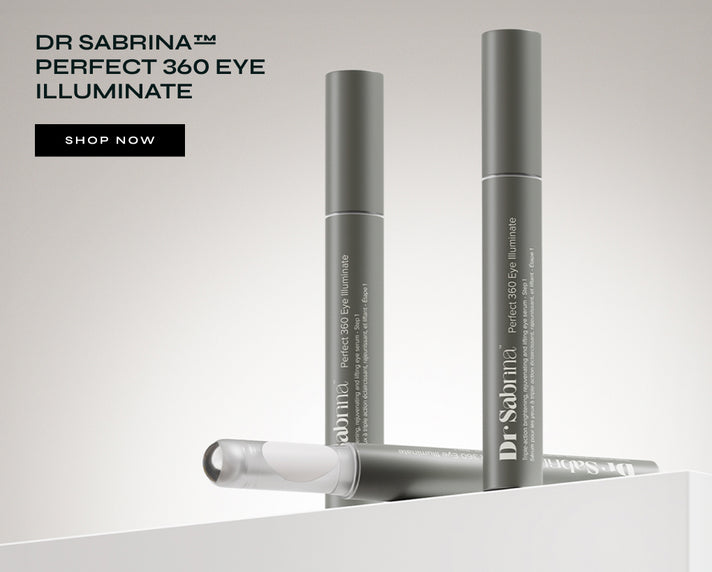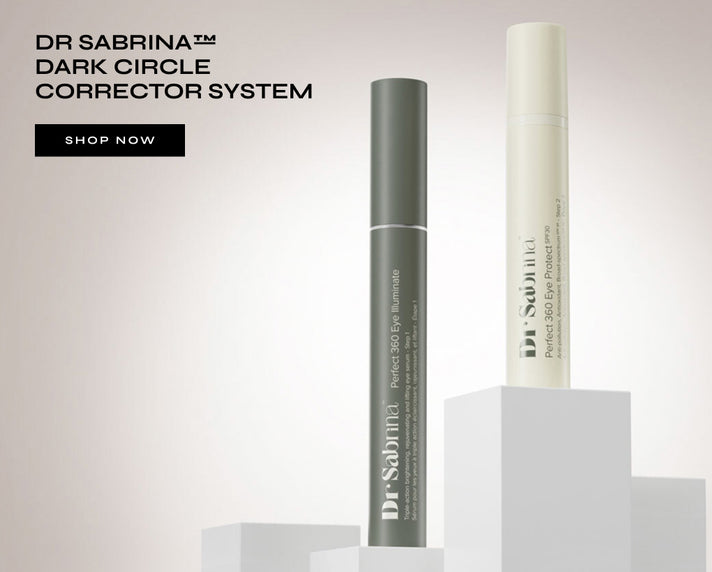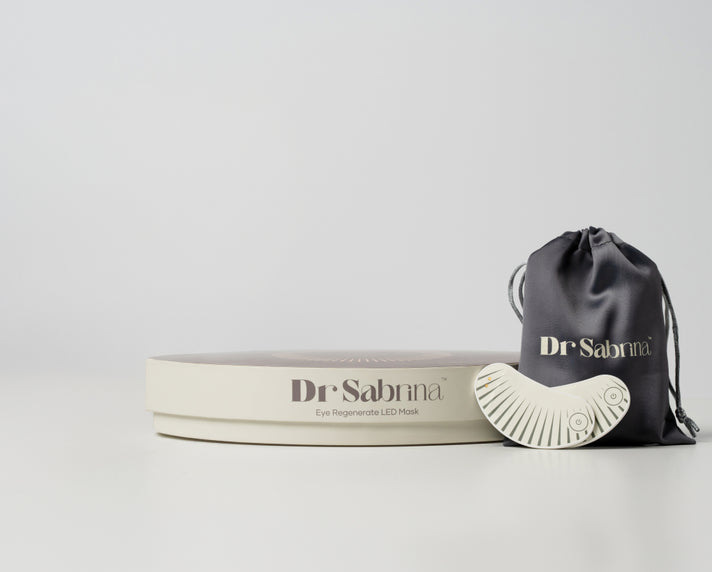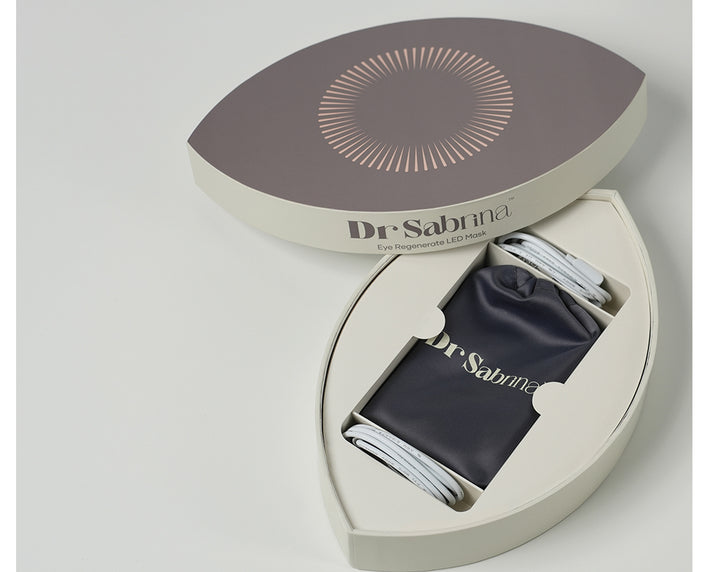
Vitamin C is a powerhouse ingredient with so many benefits for the skin, including improving brightness and reducing dark spots, while enhancing the production of collagen, hence necessary in maintaining healthy, youthful skin. But what does vitamin C do for your skin, exactly? Taking a look at its key benefits will let you know why you should make it a permanent feature of your skincare regimen.
What is vitamin C?
Before you read about what vitamin C can do for your skin, it would help to know what Vitamin C really is. This is an extremely powerful antioxidant that limits the damage to the skin from environmental stresses that include ultraviolet waves and pollution. Found in citrus fruits, strawberries, and dark leafy vegetables, this boot is unique and a common ingredient in serums and creams.
What Does Vitamin C Serum Do?
- Collagen Production
- Reduction of Melanin Production
- Wound Healing
- Anti-Inflammatory Properties
- UV Protection
- Regeneration of Vitamin E
- Enhanced Cell Turnover
- Revitalises the Under-Eye Area
- Vitamin C For Dark Circles
- Reduces Hyperpigmentation and Dark Spots
If you're wondering what vitamin C serum does, the answer is simple: it transforms your skin by enhancing radiance, improving texture, and combating signs of ageing. Vitamin C serums dive below the skin deep and deliver large amounts of antioxidants that brighten, firm and protect your complexion.
Know the benefits of Vitamin C including reducing dark spots, brightening your skin tone, and much more -
1. Collagen Production
Collagen is the key to youthful and firm skin. But as we age, collagen production slows down. What does vitamin C do for your skin? It helps activate enzymes necessary for collagen formation, which keeps the skin firm and youthful. By boosting collagen production, Vitamin C helps maintain the skin’s firmness and resilience.
2. Reduction of Melanin Production
Vitamin C plays a key role in controlling melanin, the pigment responsible for skin colour. It works by blocking tyrosinase, an enzyme needed for melanin production, and helps lighten dark spots. By doing so, vitamin C helps reduce excess pigmentation and promotes a more even skin tone, which makes it effective in diminishing dark spots and improving overall skin brightness.
3. Wound Healing
Vitamin C helps with wound healing by building strong collagen, which is needed to repair and fix damaged skin. This vitamin supports the production of collagen, a protein that strengthens the skin and aids in its repair. Also, Vitamin C boosts the migration and growth of skin cells, which speeds up the healing process and improves skin resilience.
4. Anti-Inflammatory Properties
Vitamin C possesses strong anti-inflammatory qualities that help calm and reduce inflammation in the skin. This is particularly helpful for individuals dealing with inflammatory skin issues like acne, redness and irritation. By decreasing inflammation, Vitamin C not only alleviates discomfort but also promotes healthier and clearer skin overall.
5. UV Protection
span>While Vitamin C isn’t a substitute for sunscreen, it provides added UV protection. It helps to lessen the damage caused by UV rays by reducing the formation of free radicals and slowing down collagen breakdown. This extra layer of defence supports healthier skin and helps prevent some of the effects of sun exposure.
6. Regeneration of Vitamin E
Vitamin C helps restore vitamin E, another key antioxidant that supports skin health and reduces hyperpigmentation. Vitamin E protects cell membranes from oxidative damage and supports overall skin health. By helping to restore vitamin E, vitamin C enhances the skin's overall antioxidant defence system, which boosts its ability to combat environmental damage and maintain a healthier, more radiant complexion.
7. Enhanced Cell Turnover
Vitamin C supports the natural exfoliation process, which encourages the removal of dead skin cells. This increased cell turnover diminishes the appearance of dark spots and reveals fresher, more even-toned skin by promoting the growth of new, healthy skin cells.
8. Revitalises the Under-Eye Area

Vitamin C is a powerhouse ingredient that brightens the under-eye area, reduces puffiness, and smooths fine lines. Skincare experts highly recommend a Vitamin C eye serum for a refreshed, radiant, and youthful appearance.
9. Vitamin C For Dark Circles
Vitamin C is effective in reducing dark circles and brightening the under-eye area. It boosts collagen, improves skin tone and helps diminish the appearance of dark circles for a refreshed look. Use the best dark circle corrector, containing vitamin C, to get amazing results.
10. Reduces Hyperpigmentation and Dark Spots
Does Vitamin C Help With Hyperpigmentation? Yes! It blocks the enzyme tyrosinase, preventing the formation of excess melanin, and leading to a brighter and more even complexion.
If you struggle with uneven skin tone and hyperpigmentation. This ingredient is known for inhibiting melanin production, which helps reduce dark spots and pigmentation.
When to Use Vitamin C Serum?
A common question people ask is When to Use Vitamin C Serum? The best time to apply a vitamin C serum is in the morning after cleansing and before applying sunscreen. This allows the skin to absorb its antioxidant benefits and protect itself throughout the day.
Final Thoughts
Now that you know what vitamin C does for your skin, it’s clear why this ingredient is a must-have in your skincare routine. From fighting free radicals to improving skin tone and texture, vitamin C is an all-in-one solution for a radiant and youthful glow.
So, if you haven't yet included this powerful ingredient in your daily regimen, now is the time! Try a high-quality vitamin C serum and enjoy its incredible benefits.
FAQs
1. What is Vitamin C and why is it important for the skin?
It is a powerful antioxidant that protects the skin from free radicals, boosts collagen production, and brightens skin tone, making it a must-have in skincare.
2. What does Vitamin C do for your skin?
Vitamin C helps reduce dark spots, improves skin texture, enhances collagen production, and protects against environmental damage for healthier, youthful-looking skin.
3. Does Vitamin C help with hyperpigmentation?
Yes! Vitamin C inhibits melanin production, which helps fade dark spots, even out skin tone, and brighten your overall complexion.
4. When to use Vitamin C serum?
Apply it in the morning after cleansing and before sunscreen to protect your skin from free radicals and sun damage throughout the day.












